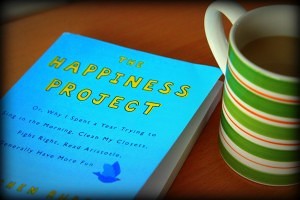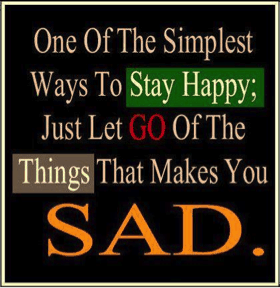A little while ago, I participated in a stimulating conversation in this very series . Besides the great conversation, I was really struck by what a good idea this whole series is.
We have so much. Collectively, we are wealthier, healthier and better educated than at any other time in human history and yet, anxiety and depression are rising at alarming rates. The World Health Organisation predicts that by 2020, depression will be the second leading cause of disability.
Perhaps this is stating the obvious but I don’t think we’ve taken “happiness” seriously enough. We value rational intelligence and hard work. We certainly link “seriousness” to success. When people are taking their jobs, their lives and themselves really seriously, then we know they are committed and will go far.
Well, maybe. But at what cost? I don’t mean just the obvious negative impact of stress on our health. I’m actually talking about the collateral damage caused when we take everything so very seriously.
We don’t have time for common courtesy. We spend less time with friends and family. We point fingers and obsess about things we can’t do anything about. We take our stress and frustration and outrage out on those around us, either consciously or just in how we are in the world. I am in no way pointing fingers here. I know we do this because I do this.
What we focus on grows. If we spend a whole pile of time ruminating on what is wrong, the barriers between us and what we want, how wrong everyone else is, how unfair, cold and unsafe the world is, in time, that is all we see.
What’s Great About Being Happy
Here’s what is so great about being happy; when you’re happy, you believe you have choices. Having a choice gives you some measure of control in any situation. Recently, I read a post over on Susan Mazza’s blog that illustrates this point beautifully.
Susan was telling a story about a leader, Jim, who needed to deal with an employee who was obviously not happy at work. Jim had lots of options available to him. He could have gotten angry because the employee was just too lazy to work. Jim could have chosen to feel guilty because obviously, he must be a poor manager or the employee would be happy. Jim could have chosen to feel betrayed because he had trusted the employee.
Instead, Jim chose to accept the employee was unhappy in his work. He gave the employee contact information for 2 good recruiting firms. Jim told him that if he wanted to leave, these firms would help him. Jim didn’t want to lose the employee but he accepted the situation anyway. It was in that action – accepting the situation – that Jim levered happiness.
However you define happiness, people who experience life through a more positive than negative lens, tend to be more healthy, resilient and whole. Living life grounded in joy doesn’t stop stuff from happening. It also doesn’t mean we turn a blind eye. Quite the opposite. Being grounded in joy enables us to cope with the tragedy, pain and every day frustrations that are a part of life.
Beyond this really excellent weekly series, here are a couple of other happiness resources:
Shawn Achor’s TED Talk, “The Happiness Advantage”
The Happiness Project
Jayme, thanks so much for refocusing us on the power of happiness and for inviting me to contribute to such a worthwhile conversation.
About The Author
Sharon Gilmour-Glover is an experienced consultant, speaker and teacher specializing in leadership, strategy and change management. She leads an organization called Clarity For The Boss, and her wonderful business blog is right here.




































